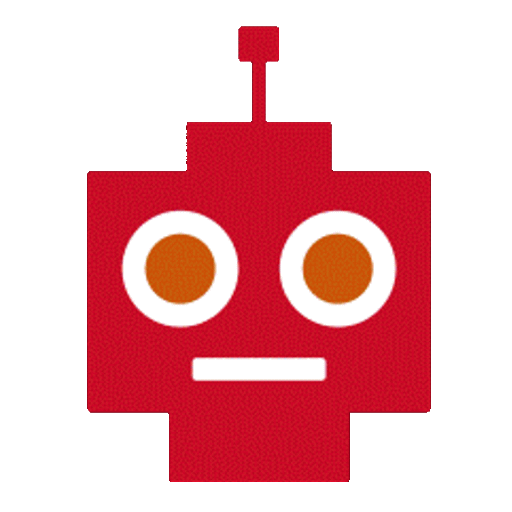1. Deep knowledge → Wagering strategy → Jeopardy! win Some Jeopardy! contestants struggle with the strategic elements of the show. Rescuing us is Keith Williams (@TheFinalWager), with the definitive primer on Jeopardy! strategy, applying game theory to every episode and introducing “the fascinating world of determining the optimal approach to almost anything”.
2. Gun controls → Less violence? → Less tragedy? Does the evidence support new US gun control proposals? In the Pacific Standard, Francie Diep cites several supporting scientific studies.
3. New data sources → Transparent methods → Health evidence Is ‘real-world’ health evidence closer to the truth than data from more traditional categories? FDA staff explain in What We Mean When We Talk About Data. Thanks to @MandiBPro.
4. Data model → Cause → Effect In Why: A Guide to Finding and Using Causes, Samantha Kleinberg aims to explain why causality is often misunderstood and misused: What is it, why is it so hard to find, and how can we do better at interpreting it? The book excerpt explains that “Understanding when our inferences are likely to be wrong is particularly important for data science, where we’re often confronted with observational data that is large and messy (rather than well-curated for research).”
5. Empirical results → Verification → Scientific understanding Independent verification is essential to scientific progress. But in academia, verifying empirical results is difficult and not rewarded. This is the reason for Curate Science, a tool making it easier for researchers to independently verify each other’s evidence and award credit for doing so. Follow @CurateScience.
Posted by Tracy Allison Altman on 12-Nov-2016.








